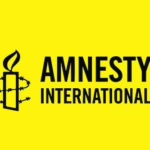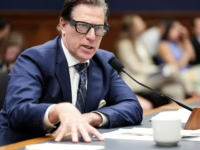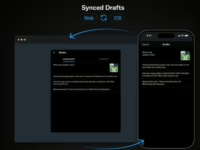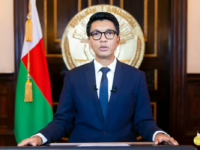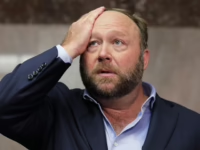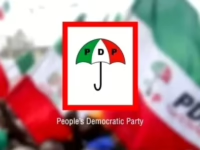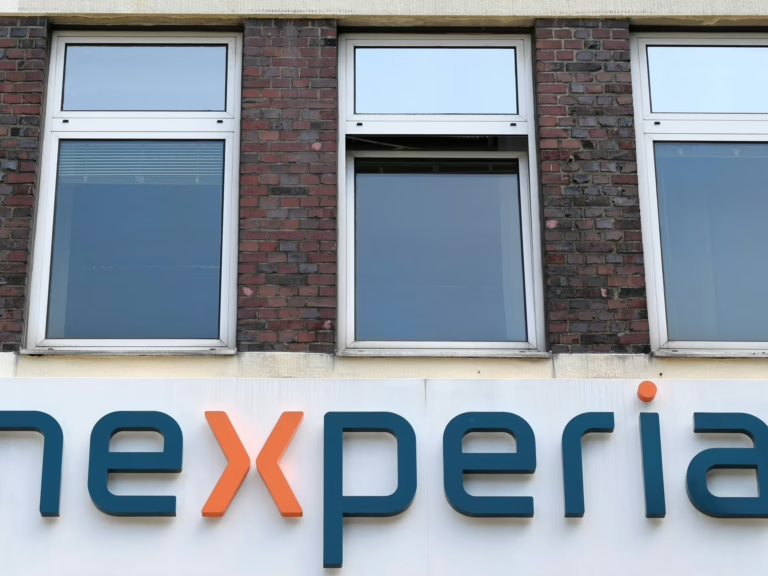The Dutch government has taken decisive action to assume control over Nexperia, a technology firm owned by the Chinese company Wingtech Technology.
This intervention occurs amid escalating tensions between China and Western nations concerning the advancement of critical technologies like semiconductors and computer chips, which are vital for producing artificial intelligence (AI) systems.
Below is a detailed overview of the Dutch government’s announcement, the reasons behind it, and the anticipated developments.
Dutch Government Takes Control of Nexperia
On Sunday, the Dutch Ministry of Economic Affairs declared it had activated the “Goods Availability Act,” a rare and exceptional legal measure, to take control of Nexperia as of September 30.
This legislation empowers the Netherlands to intervene in private enterprises under extraordinary conditions, particularly when national economic security is at risk or when it is crucial to maintain the supply of essential goods.
Why Did the Dutch Government Intervene?
The intervention followed an urgent hearing by the Dutch Enterprise Chamber on October 7, which raised concerns about the management practices at Nexperia under former CEO Zhang Xuezheng, according to a company statement.
The Dutch Enterprise Chamber, a specialized branch of the Amsterdam Court of Appeal, handles corporate disputes with significant social or financial implications.
The government cited “serious administrative deficiencies” at Nexperia that threatened the preservation of critical technological expertise and capabilities within the Netherlands and Europe.
Ensuring the availability of Nexperia’s finished and semi-finished semiconductor products during emergencies was a key justification for the takeover.
The Ministry emphasized that losing these capabilities could jeopardize economic security across the Netherlands and the broader European region.
Despite the intervention, the government assured that Nexperia’s routine manufacturing operations would continue uninterrupted.
However, the government now holds the authority to block or reverse company decisions that might harm Nexperia’s interests, its future as a European entity, or the integrity of the semiconductor supply chain.
Those affected by this decision retain the right to appeal in court.
About Nexperia and Its Reaction to the Government’s Move
Nexperia is a multinational semiconductor producer based in Nijmegen, Netherlands. Its origins trace back to the 1920s when Philips acquired the Mullard Radio Valve Company in London and Valvo in Hamburg, eventually forming Philips’ semiconductor division. In 2006, Philips spun off this division as NXP Semiconductors, which was later sold to a consortium led by Beijing Jianguang Asset Management (JAC Capital). Wingtech purchased Nexperia from this group for $3.63 billion in 2018.
The company employs approximately 12,500 staff across Europe, Asia, and the United States.
Nexperia’s manufacturing facilities cover over 80,000 square meters (around 861,000 square feet) and have the capacity to produce upwards of 50 billion semiconductor components annually. It also maintains sales and R&D offices in China.
Following the government’s announcement, Nexperia suspended Zhang Xuezheng, Wingtech’s founder, from his role as director and CEO, appointing Chief Financial Officer Stegan Tilger as interim CEO.
The company acknowledged that the Dutch Ministry of Economic Affairs identified “serious managerial shortcomings” that compromised Nexperia’s European operations, raising concerns about the availability of semiconductor products critical to European industries.
These issues, combined with Zhang’s dual role as CEO and indirect shareholder, prompted the government’s emergency intervention under the Goods Availability Act.
The government’s order also restricts Nexperia from relocating assets, dismissing current executives, or making significant decisions without prior government consent for a period of one year.
Nexperia remains confident that its day-to-day operations will proceed normally.
Events Leading Up to the Intervention
On October 9, China imposed stricter export controls on critical rare-earth metals, citing national security concerns. These controls require foreign companies to obtain Beijing’s approval before exporting these metals or products containing them, with exporters needing to disclose the intended use.
The United States, a major consumer of Chinese rare-earth metals essential for its defense sector, responded to these restrictions by threatening a 100 percent tariff on Chinese imports.
Rare-earth metals are crucial not only for smartphones, electric vehicles, and weaponry but also for semiconductor manufacturing, which underpins AI technology development.
In recent years, the US and its European allies have enacted regulations limiting China’s access to Western semiconductor technologies, fearing that China might replicate and advance these technologies, thereby gaining a competitive edge.
In 2022, then-US President Joe Biden expanded restrictions on China’s access to US semiconductor technology, including tools and expertise vital for chip production.
These restrictions were further tightened in October 2023 and again in December 2024.
On September 29, 2025, the US Bureau of Industry and Security extended export controls to all entities with at least 50 percent ownership by groups listed on the US Entity List, which includes organizations deemed to threaten US national security or foreign policy. While Nexperia is not on this list, Wingtech was added in December 2024.
Subsequently, on October 4, China’s Ministry of Commerce announced export restrictions preventing Nexperia China and its subcontractors from exporting certain finished components and sub-assemblies produced in China.
Nexperia is actively negotiating with Chinese authorities to secure exemptions from these restrictions and has mobilized all available resources to maintain business continuity.
Thanks to preparations and a 60-day grace period under the US Bureau of Industry and Security’s rules, Nexperia remains optimistic about resolving these challenges.
Earlier this year, US President Donald Trump imposed tariffs of 145 percent on Chinese imports, prompting China to retaliate with a 125 percent tariff on US goods. Both countries agreed to temporary tariff suspensions to facilitate trade negotiations, with the latest talks held in Spain last month.
Additionally, the US has restricted most Chinese-made vehicles from entering its market, including imposing high tariffs on electric vehicles.
The European Union also announced last year a series of tariffs on electric vehicles, ranging from 7.8 percent on Tesla cars to 35.3 percent on vehicles from China’s state-owned Shanghai Automotive Industry Corporation (SAIC).
Reactions from Wingtech and China
Wingtech issued a statement on social media condemning the Dutch government’s intervention as an unwarranted politicization of commercial affairs.
The company described the Dutch action as an “excessive measure driven by geopolitical bias rather than objective risk assessment,” dismissing the national security rationale as baseless.
Following the announcement, Wingtech’s shares dropped by 10 percent on the Shanghai Stock Exchange, prompting the company to clarify that the Dutch government’s decision only “temporarily limits” its control over Nexperia.
China’s Ministry of Foreign Affairs spokesperson Lin Jian criticized the move, stating that Beijing opposes the overextension of national security claims and discriminatory practices targeting companies from specific countries.
Lin urged relevant nations to respect market principles and avoid politicizing economic and trade issues.
Broader Reactions and European Union Involvement
The European Union has been working closely with Dutch authorities and plans to collaborate with the Netherlands on strategies to safeguard critical technological capabilities within Europe, according to European Commission spokesperson Olof Gill.



